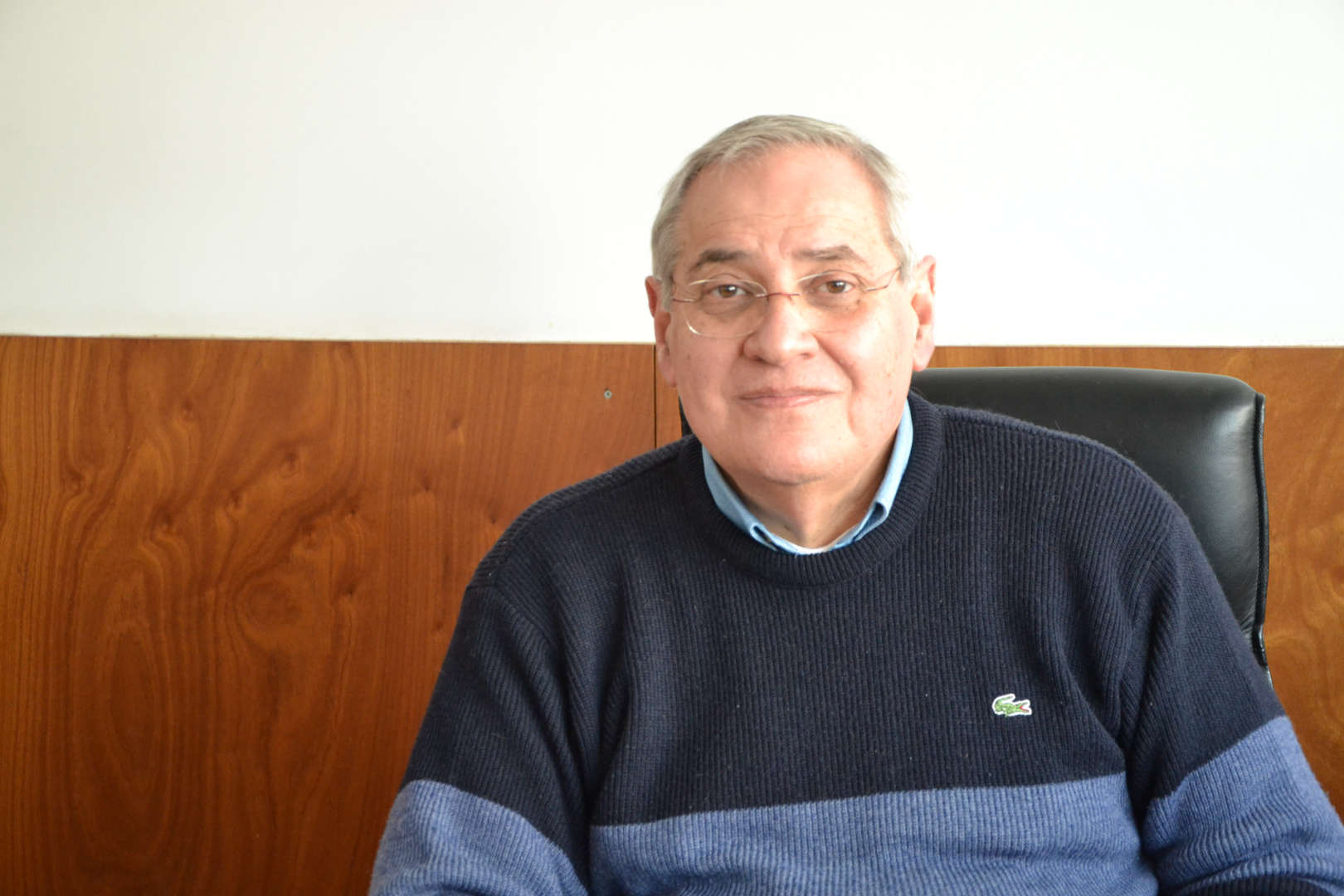Sobre
Professor Catedrárico do Departamento de Informática da Universidade do Minho com actividade nas áreas de Criptografia, Segurança e Ciências da Computação. Fundador do HasLab.
Licenciado em Engenharia Electrotécnica (1971) pela Universidade de Moçambique, doutorado em Engenharia (1978) pela Universidade de Oxford e agregado (1985) pela Universidade do Minho.
Consultor de segurança para o estado no português no projecto do Cartão do Cidadão (2001-2005), Agência Nacional de Segurança (membro da Conselho Técnico de Creditação), Ministério dos Negócios Estrangeiros como membro da comissão se segurança no projecto Galileo; vários projectos de menores dimensões no Ministério da Administração Interna, Assembleia da República e Presidência do Conselho de Ministros.
No âmbito da FCT: membro das comissões científicas da FCT, presidente de comissões de avaliação para a formação de recursos humanos. Idêntica atividade na DGXII e DGXII da Comissão Europeia. Presidente das comissões de avaliação da formação superior em Informática no âmbito do CRUPS e membro de idênticas comissões no âmbito da A3ES.


